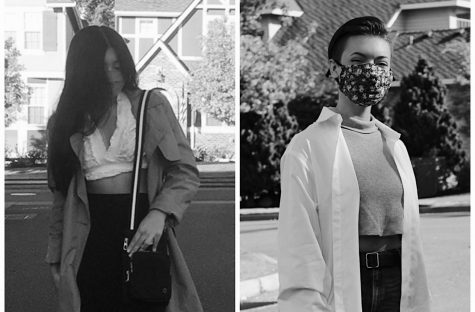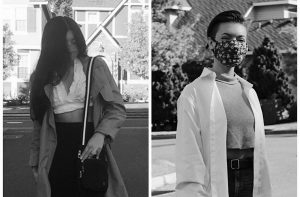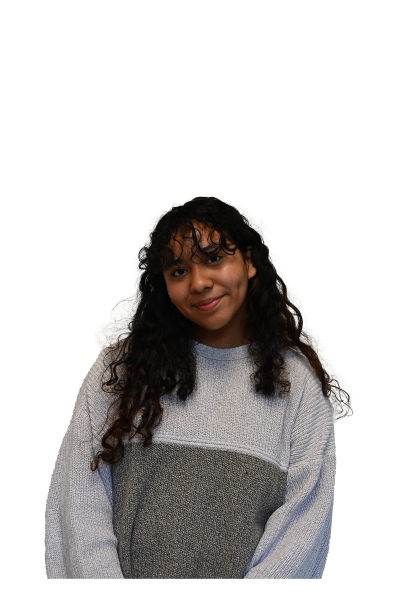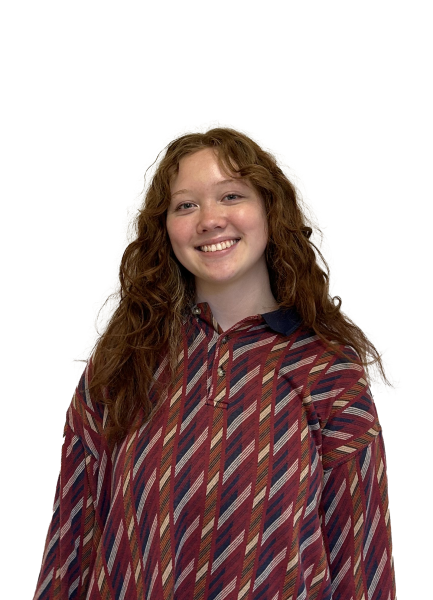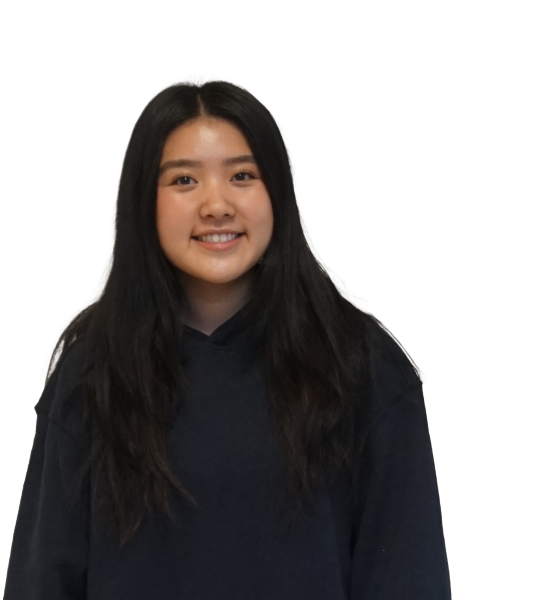The “J” Agenda: Safety benefits of facial coverings outweigh measly complaints
October 12, 2020
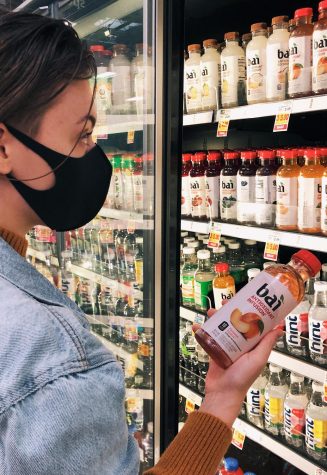
The modern medical mask is a relatively new innovation, despite how prevalent it has become in our daily lives since March 2020.
Originally, masks were created in order to protect patients from being exposed to bacteria by their doctors. Surgeons have been wearing masks since 1863 in an effort to not spread disease by sneezing directly into a patient’s open stomach. In more recent years, masks were employed by the general public in an effort to not pass disease among one another. Statistics continued to show that both medical care providers and everyday citizens covering their noses and mouths decreased the spread of disease.
For instance, in the flu pandemic of 1918-19, in some cities “the decline in deaths from influenza was partly attributed to the mandatory mask-wearing policies,” according to The Lancet.
However, during that early 20th century pandemic, the government backed up the mask usage by citizens. In fact, when at the height of the influenza’s course, some citizens were arrested for spitting on the streets, due to fear that they could be spreading the illness.
Whilst I don’t think that people should be arrested for spit, I can appreciate that it seemed as though the government was taking the virus seriously, unlike our current administration. Rather, the Trump Administration has gone back and forth on the usage of masks, confusing the population and causing many to neglect personal protective equipment in public.
“I don’t agree with the statement that if everybody would wear a mask, everything disappears,” President Donald J. Trump stated, when asked if he would consider a national mandate for people to wear masks in July.
This statement goes directly against the Center for Disease Control and the World Health Organization’s urging for American citizens to don cloth masks in an effort to stamp down the spread of the coronavirus.
More recently, in August, Trump called the wearing of masks a “political activity.”
That is the worst thing he could have said. By making the use of facial coverings something political rather than medical, it has seemingly become a left-versus-right issue. It should be about keeping ourselves and others safe, not our political allegiance.
During this seven-month-long isolation, many have taken to social media sites, such as FaceBook and Twitter, to argue their opinions on the wearing of masks. Whilst some weep over how these life-saving masks hinder their daily lives and go against their rights as Americans, others, such as Tualatin citizen and COVID-19 survivor Todd Allison, think otherwise.
“I was not happy how many people were soft on mask use,” Allison said. “This is the reason I started sharing on Facebook: so all my friends would realize this was real.”
Allison was diagnosed with COVID-19 on Apr. 18 and made his first post about the issue on May 4, despite fears of negative responses from his neighbors online due to the diverse opinions of those in his area. While Allison was able to recover at home, his fiancé was sent to the Intensive Care Unit. Both are now safe at home and have much to say about their experience.
“For many in my world, I am one of the few positive cases they know. I am thankful for that,” Allison said in his original May 4 Facebook post. “This disease is nasty and to some the cost can be their life.”
When I asked Allison how long he had the coronavirus, his response shocked me.
“I had symptoms until May 1 but remained positive until May 30. This point scared me as the CDC said that I could be in public three days after showing no symptoms but I chose to wait until I had two negative tests to protect those I love,” Allison said.
Thankfully, Allison was cautious about coming into contact with loved ones following his diagnosis with the virus, but many others may not be, and a lack of symptoms clearly does not mean that someone does not carry the virus. That’s why it’s important to wear masks whenever you see anyone, even if they seemed healthy just last week. That’s also why you should wear a mask if you think you may have been exposed to someone who was diagnosed with the virus. Even if you’re not symptomatic, why risk giving anything to those you care for?
“This is the type of sickness for which a sorry can not work and it may not be themselves [people not wearing a mask] that suffer but those they love the most that pay the ultimate price,” Allison said in his closing statement.
Choosing not to wear a mask because it “violates your rights” is inconsiderate and highly irresponsible. The mask isn’t hurting anyone; the ignorance we are perpetuating by electing to not wear them is. The virus we are spreading by electing to not wear them is.
I beg of you, take care of yourself and others, and, as the wise Todd Allison once said, “Don’t doubt the science. Wear a mask and wash up!”

